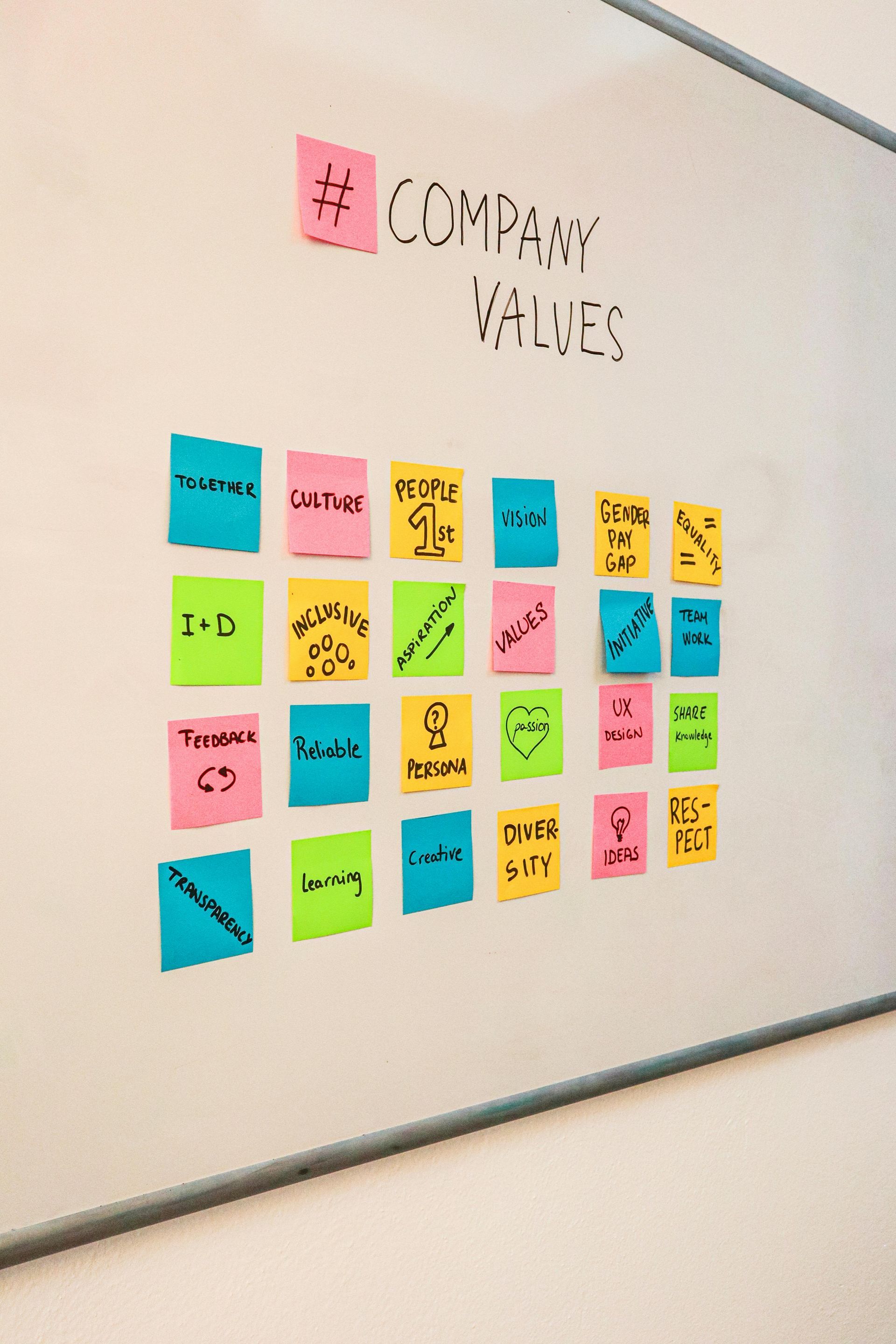Pulling Back the Curtain on Web Designers vs DIY Website Builders - Part 2

We Want to Help You Make Great Decisions

In Part 1 of this topic, we set the stage to help you, as a local SMB, to decide how to approach your "Online Website Presence".
If you didn't see the original post, we suggest you review it HERE
So, now let's pull back the curtain on web designer/development businesses. As we said in Part I, the variability is incredibly wide; ranging from on one end those who have almost no technical or design abilities and thus rely entirely on the platform they're using, to those who are highly technically trained and could build your website by writing computer code line by line.
The place to start is by asking (and understanding) which web development platform that the vendor you're considering is using. Here's a summary by category:
1). Website Platforms for the Masses - these are website builders that are designed for use by just about anyone; with or without technical training or background. They include:
- Weebly
- Wix
- GoDaddy Website Builder
- Jimdo
- Squarespace
- Vistaprint
- Hostinger
- and many, many others.
- Some of these are better than others. And in the hands of an experienced user, they
can
deliver websites that rival the vast majority of websites out there. A problem here occurs when unique situations & needs require custom code and/or out-of-the-ordinary website function & behavior. Neither the designer/developer nor the platform itself will likely be able to adequately address these unique situations.
2). Website Platforms designed for Web Designers & Developers - these are platforms designed to be used by individuals and agencies whose primary website business is centered on developing high-performing websites for their clients. They include:
- Wordpress
- Dorik
- WebFlow
- Duda
- Zyro
- and Others.
And these two lists aren't mutually exclusive to individuals vs agencies. Lots of individuals can and do use builders from the 2nd list and lots of agencies build their websites on platforms from the 1st list.
There is no BEST platform, it all depends on what you need, and the "comfort level" of whoever is building the website with a given platform.
Which one is most popular? Wordpress is the clear leader - used by a huge number of website designers and development agencies - and it powers roughly 40% of all websites published on the internet.
We don't use Wordpress; not because it isn't capable, but because of security & maintenance concerns. Wordpress advocates claim that if you know what you're doing and keep your "plug-ins" up-to-date, there's no problem. But, in our opinion, the "overhead" for that sense of security just isn't worth the time & effort required. And still, there are very frequent news articles citing instances where 1000s & 1000s of websites that become vulnerable to attacks and loss of functionality due to inadequate maintenance issues.
So that's a background on the landscape of website platforms. In Part 3 of this series, we'll provide advice on what to look for in a website designer/developer/agency and what questions to ask before granting your project to a vendor.
Stay tuned.
Ready to Get Started?
A portion of our revenue is donated to animal welfare. Now, that's Doggone Good!
We take website accessibility seriously - Click to see our Website Accessibility Statement
All Rights Reserved | Doggone Good Enterprises LLC










